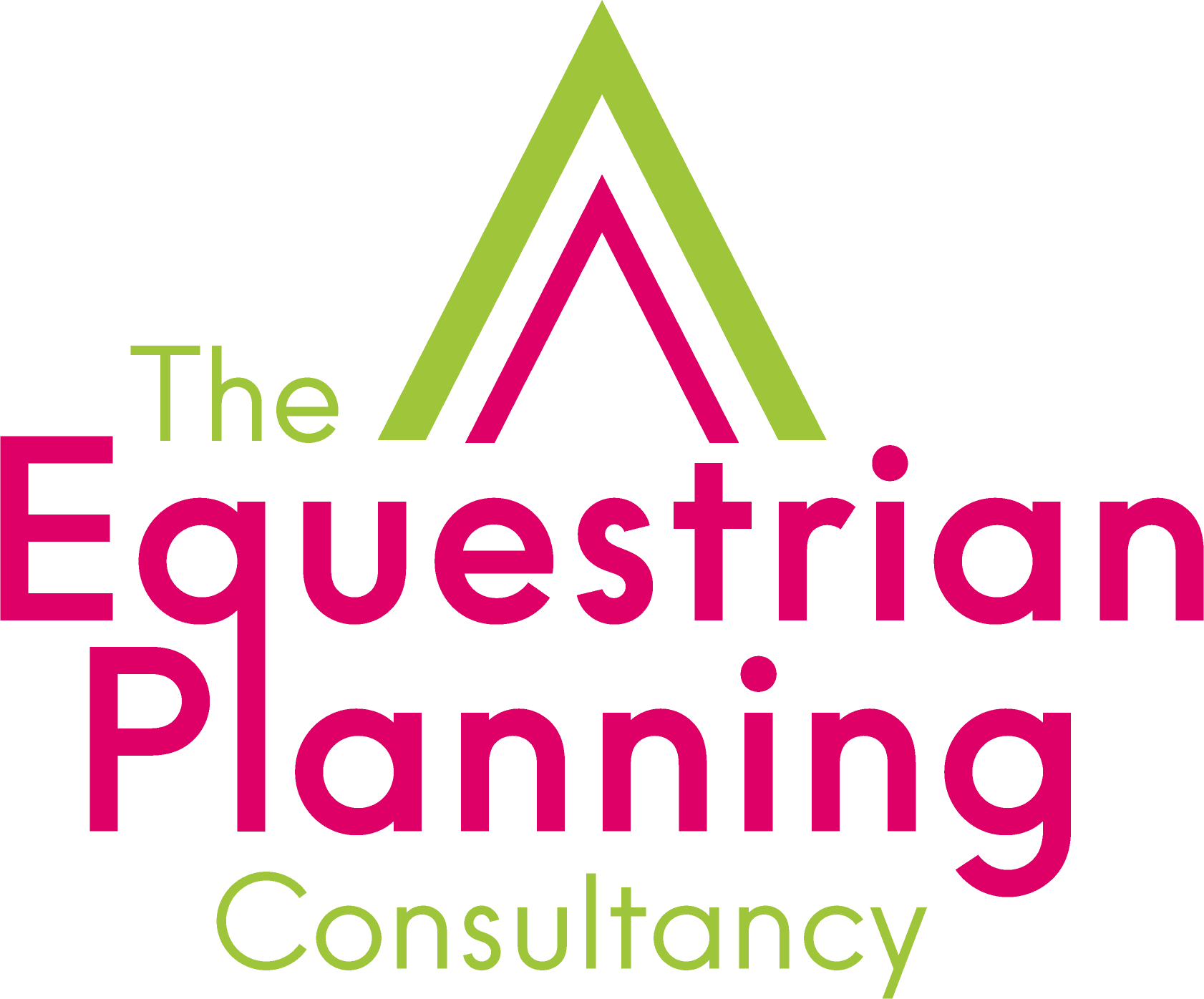Many people talk about what is required for the preparation and submission of a planning application, however, there is often limited explanation and discussion in relation to what to expect within the actual process once an application is in the hands of the Local Planning Authority (the Council). In this article we thought we would give you a brief overview of the sort of things you can expect during the consideration of your application and the general determination process.
Once an application is submitted, it initially transfers to the Council where a specialist team, tasked with validating applications, consider the information provided and assess whether the submitted information is sufficient in order for the application to be considered. It is not uncommon for some further information, or clarification, to be raised by the Council at this stage but evidently, it is preferable to have an application validated as soon as possible with no further enquiries. The timescales for validation can vary significantly from Council to Council, however, most generally acknowledge or contact agents/applicants within 10 working days. Some Councils, however, have a backlog with validation taking several weeks and, in such cases where there is a backlog, there is normally a warning or expected timescales published on the Council’s website.
Once an application is valid, you will receive an acknowledgement letter which confirms the application details, and the application is then “live” as per the details enclosed. On this letter, you will generally find the Case Reference Number and Case Officer details and it is the reference number which will enable you to find your application online utilising the reference number on the Council’s planning register via public access. Determination periods are generally dated from the day an application is considered valid which means that, if further information or clarification was required, the date may be slightly later depending on when the last piece of information was sent to the Council.
During the application period, there is 21-day consultation process, with the Council notifying neighbours, by post, as appropriate in line with their standard consultation approach. In addition, a planning officer may visit the site (sometimes without prior notification) and a site notice will be displayed in a prominent public location near to, or at, the application site. The site notice needs to remain displayed for a period of 21 days and, if it is removed, you should contact the Council or your agent to ensure a replacement can be erected as soon as possible.
The statutory timeframe for determination of a planning application is eight weeks for a minor application and thirteen weeks for a major application. The target date for determination of your application will often be indicated within the validation letter. It is not unusual for applications to overrun the scheduled/target determination date and we, as a consultancy, take every possible step to avoid this delay happening including regular contact with Case Officers as appropriate.
If your application is delayed without an agreed extension to the timeframe (this is for full applications, not for prior notification applications) applicants do have the right to appeal to the Planning Inspectorate on the basis of non-determination. If this situation arises, you should discuss this with your planning consultant to outline whether this is a suitable and appropriate course of action depending on the circumstances of the case.
Objections from third parties are, unfortunately, a relatively common occurrence in planning. You must remember not to take them personally, and for any objections to carry weight, they must be based upon material planning considerations and not just be subjective and/or personal views. We, as a consultancy, generally find it is more cost effective for clients to wait until the end of the consultation period and respond to any issues in one go (as opposed to a piecemeal approach) as often objections are duplicated by certain groups.
If there are any issues arising, during the application process, you are usually able to see Consultee responses online. We pick up on these at the earliest opportunity which allows us to start to obtain further information, if required, which can be sent into the Council if this is an appropriate course of action depending on the application type and issue raised.
If it is deemed necessary for your application to go before the Council Planning Committee, such Committees generally meet on a monthly basis, so this can affect the timing of determination of your application.
Hopefully, the application process should be as smooth as possible, however, it is not unusual for further engagement or amendments to be made during the application process in response to Case Officer Feedback and/or Consultee responses. If there are any conditions which are pre-commencement conditions, there is a statutory requirement for the Council to agree these with you, as the applicant, before they are able to place them upon any consent which is granted.
Once a planning consent comes through, they are, generally, subject to a number of conditions and you are well advised to read through these conditions to make sure that you understand what you can/cannot do as well as flagging any conditions which potentially require further information as part of a condition discharge application.
As a consultancy we work hard to manage the process from start to finish and explain everything to our clients so that you remain up to date at all times with what is going on – we never leave you wondering for weeks on end. So, if that approach sounds like the one you want supporting your application process – why not get in touch?
